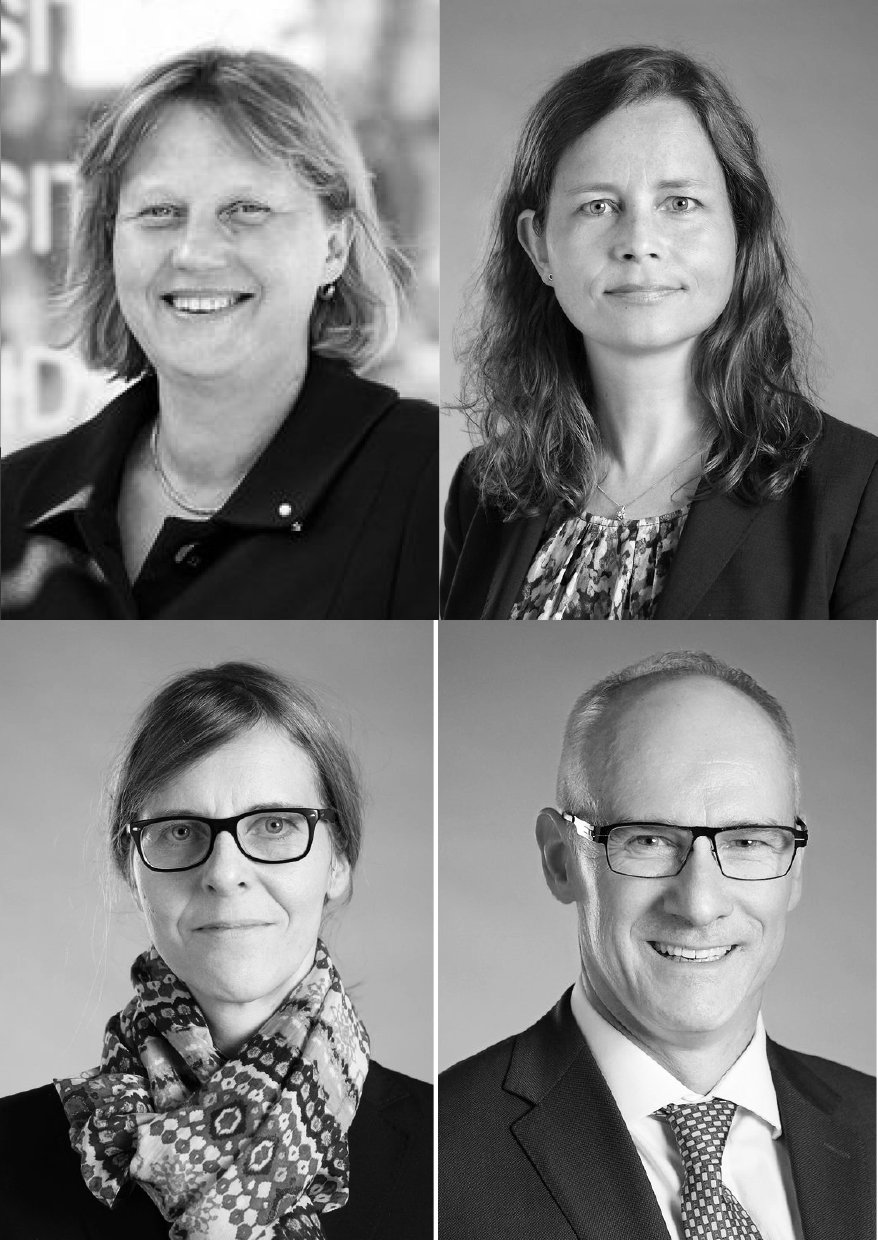Diversity mission statement
With its motto “Scientia et conscientia”, the University of Augsburg has committed itself to a guiding principle of increasing knowledge and being socially responsible. It thus defines itself as a place of exchange, participation and active contribution at all levels, both within the university context and in the (inter)national knowledge network. The University of Augsburg welcomes all people without restrictions and also shares knowledge regionally in a spirit of partnership.
The lecturers, students and employees at the University of Augsburg are currently more socio-demographically diverse than they were twenty years ago, although in an (inter) national comparison with other universities, they are much more homogeneous. Nonetheless, more and more people come together who belong to different age groups and different nationalities, who are studying with or without a general higher education entrance qualification, who come from different educational backgrounds and / or with different migration histories in their families, and who are completing their studies with a possible restriction.
The university is responding to the growing socio-demographic diversity by developing an increasingly strategic diversity management and sees itself as a learning organisation that benefits from the participation of many players. The milestones achieved so far include the establishment of an Office for Equal Opportunities, the signing of the Diversity Charter (2014), the establishment of the Standing Committee on Equal Opportunities and the adoption of the Equal Opportunities Concept (2018).
SENSITISE
A prerequisite for a positive diversity climate is sustainable sensitisation, self-reflection and awareness-raising of all people involved in university work and development. The development of the university not only requires a continuous readjustment of structures and processes, but also - based on scientific meta-analyses and studies - a set of values based on empathy, openness to change and civic responsibility.

DIFFERENTIATE
In the 21st century, knowledge can only be thought of without borders and as a universal society of all people involved in the knowledge process. Complementary to the basic attitude emphasising the equal treatment of all groups, the perception of differences also takes on a new quality. The vision of diversity is not an observation and compensation of deficits, but an energy that is fed from the sighting of potentials. It is precisely from the self-perception of diversity that the fruitful ability to innovate grows.

CORRECT
A major challenge is to recognise discrimination against minorities and to respond to it appropriately. Here, an institution is also dependent on victims or witnesses of discrimination coming forward to report it. Furthermore, it is also a matter of observing and anticipating contrary developments in the social context with regard to discrimination. Diversity management also includes taking a preventive approach.

ACTIVATE
An organisational culture of diversity and inclusion builds structures, promotes networking and supports all activities in which critically thinking, reflective people are prepared for scientific, economic, political and civil society tasks in complex democracies. The development of cultural and intercultural competences in curricular and extra-curricular formats or the application of diversity-sensitive research methods are considered to be just as relevant as the civic or cultural commitment of individual academics:

We are many
Members of the Commission for Gender Equality




